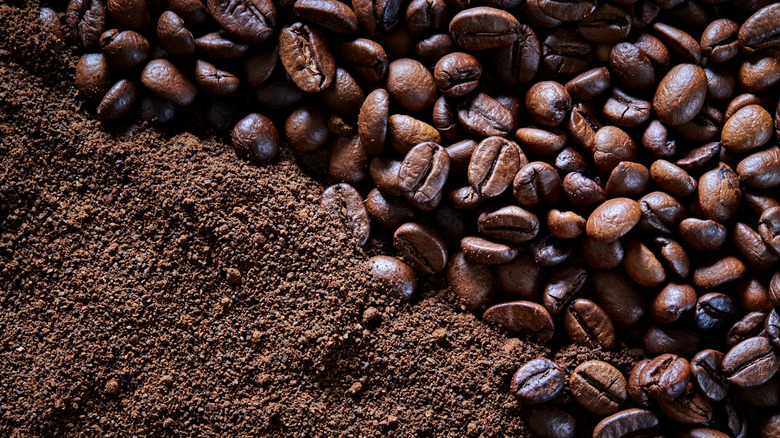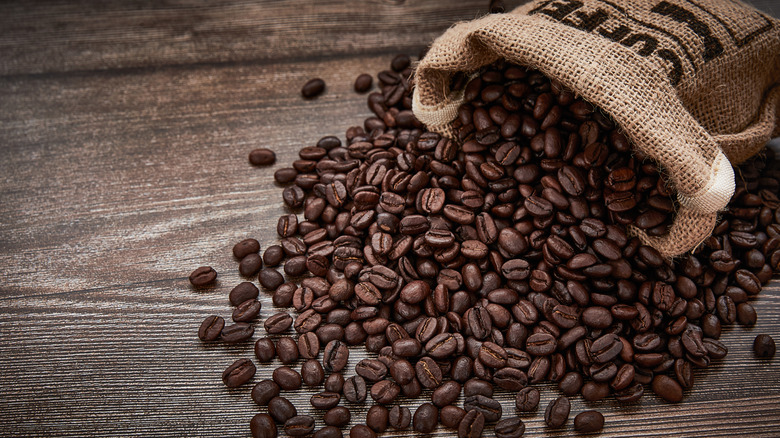Is There Really A Difference Between Coffee And Espresso Beans?
If you've ever browsed the coffee aisle and wondered whether espresso beans are in a league of their own, you're not alone. The short answer? Not really. While coffee beans and espresso beans share the same origin — usually Arabica or Robusta varieties — the difference actually lies in how they're ground and brewed. Any coffee bean can technically be used to make espresso, but traditional espresso beans are dark roasted to bring out rich, bold flavors and minimize acidity. This makes them ideal for brewing that concentrated shot of liquid energy we call espresso.
Coffee beans used for espresso also tend to have a fine grind compared with coarser regular coffee, and a smaller amount of water is run through espresso grinds at high pressure giving you a short, intense pour. So, whether you're team French press or you prefer a serious caffeine shot in your morning latte, the type of bean matters less than how you use it. Knowing this can help you navigate coffee shop menus when you're on the hunt for the perfect pick-me-up.
What really makes espresso beans special?
The distinction between coffee and espresso beans has less to do with the bean itself and everything to do with the roast and grind. Espresso beans are typically roasted longer and darker, creating a flavor profile that's bolder and smoother, often with notes of chocolate or caramel.
On the flip side, lighter-roasted coffee beans used in drip brewing often highlight bright, fruity, or floral notes. These roasts retain more of their original flavors, making them better suited for slow, relaxed sips rather than the intensity of an espresso shot. That doesn't mean you can't experiment, however — many coffee shops use medium roasts for a balanced espresso flavor, catering to fans of taller or milky drinks like lattes, cappuccinos, and macchiatos.
In essence, the magic of espresso lies in the preparation method, not the bean. So, whether you're buying pre-labeled "espresso beans" or your favorite ground coffee blend, it's the brewing process that makes all the difference.

